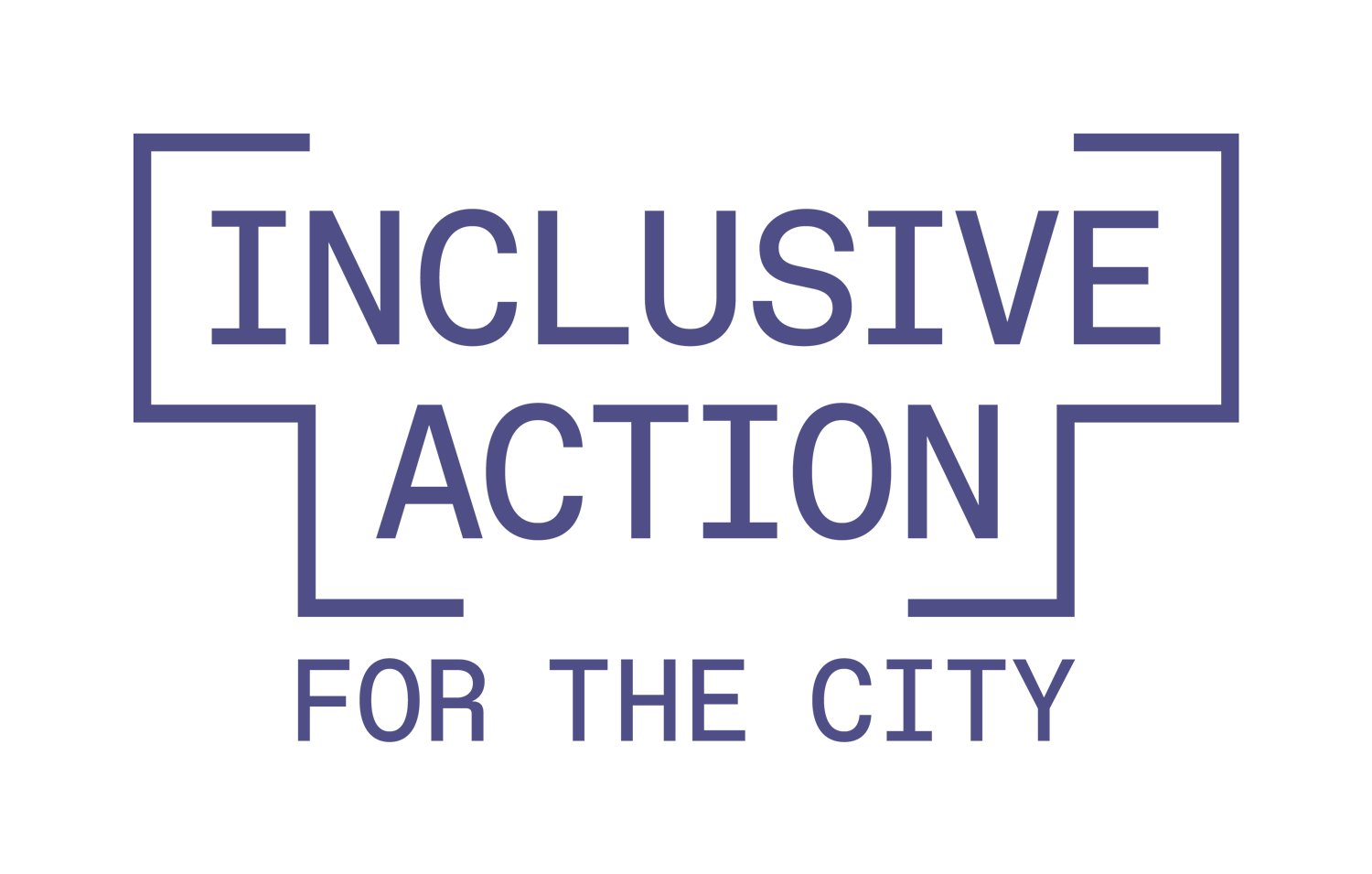2025 State Legislative Agenda
In 2025, Inclusive Action is proud to be championing five state bills to advance economic justice in California. This package will transform laws to defend street vendors and immigrant workers against federal attacks, advance economic inclusion for entrepreneurs of color, and expand the social safety net and resources for workers and small business owners to equitably recover from the LA fires and build a stronger future.
SB 635 - Street Vendor Business Protection Act
Author: Senator María Elena Durazo
Co-sponsors: Inclusive Action for the City, CHIRLA, Community Power Collective, Public Counsel, Inland Coalition for Immigrant Justice
SB 635 will strengthen protections for immigrant street vendors by safeguarding sensitive data that discloses a vendor’s immigration or citizenship status. Many of the tens of thousands of Californians who nourish our communities and drive our local economies as street vendors are now at significant risk from devastating and unjust federal immigration enforcement activities. This bill prevents local sidewalk vending permitting and enforcement activities from being used in service of actions that separate families, disrupt communities, and threaten lives.
Take Action: Call or email Assembly Leaders to support SB 635!
AB 801 - California Community Reinvestment Act
Author: Assemblymember Mia Bonta
Co-sponsors: Inclusive Action for the City, Rise Economy, SEIU California, California Housing Partnership
AB 801 will create transparency and oversight in California's financial services market, ensuring equal access to credit and services while ensuring private investments in affordable housing, homeownership, and small businesses. In the aftermath of recent climate disasters, this is especially critical for rebuilding and stabilizing the communities that need it most. At a time when federal deregulation under the Trump administration threatens consumer protections, a state CRA aims to set necessary standards for financial institutions in California to meet the lending needs of our communities.
AB 613 - Community Owned Commercial Real Estate Act
Author: Assemblymember Mark González
Sponsor: Inclusive Action for the City
AB 613 will provide property tax relief to incentivize and support nonprofit organizations that acquire and lease commercial property to community-serving small businesses at affordable rents. Reducing property tax burdens ensures long-term affordability, prevents small business displacement, and strengthens local economies by keeping commercial spaces accessible to community-based organizations and local entrepreneurs.
Reinvesting in the SEED Initiative to Empower Immigrant Entrepreneurs
Author: Assemblymember Juan Carrillo
Co-sponsors: Inclusive Action for the City, California Immigrant Policy Center, Immigrants Rising, Economic Mobility 4 All Coalition
The Social Entrepreneurs for Economic Development (SEED) Initiative budget request asks for $15 million annually over the next four years to provide critical funding to community-based organizations that support immigrant entrepreneurs. This funding will offer micro-grants, entrepreneurial training, and technical assistance to individuals with limited English proficiency (LEP) and immigrant social entrepreneurs, helping them start and sustain a small business. Continued investments in SEED will expand economic opportunities for immigrant entrepreneurs, strengthen our local economy, and ensure that small businesses have the opportunity to thrive in the economy.
Advancing a just recovery from the Eaton Fire by helping local mission-driven entities acquire properties to keep Altadena lands in Altadena hands.
Author: Senator Sasha Renée Pérez
Co-sponsors: Inclusive Action for the City, California Community Land Trust Network, Rise Economy
Legislation and funding for community-based property acquisition will help prevent predatory speculation following the devastation of the Eaton and Palisades fires by supporting qualified entities, including community land trusts and land banks, to acquire and hold properties in community hands. With many properties vulnerable to speculative investors looking to profit from post-fire displacement, this will help promote an equitable recovery, prevent community displacement, and keep properties off the speculative market, to remain affordable and community-owned.

